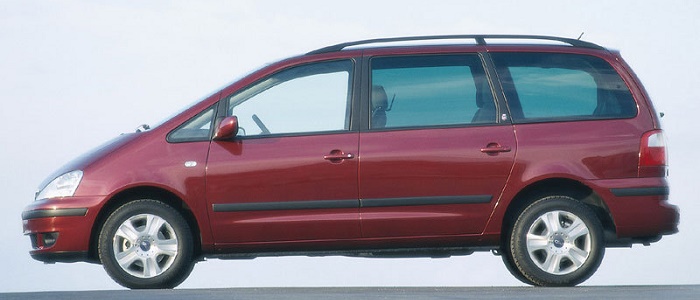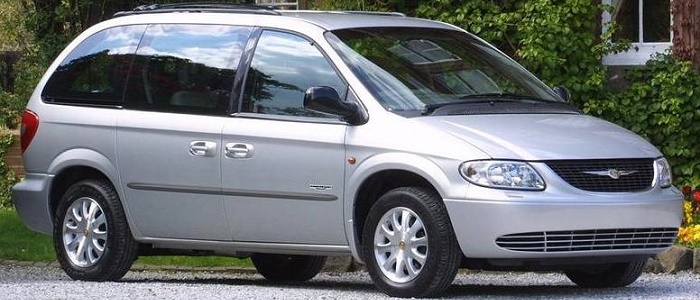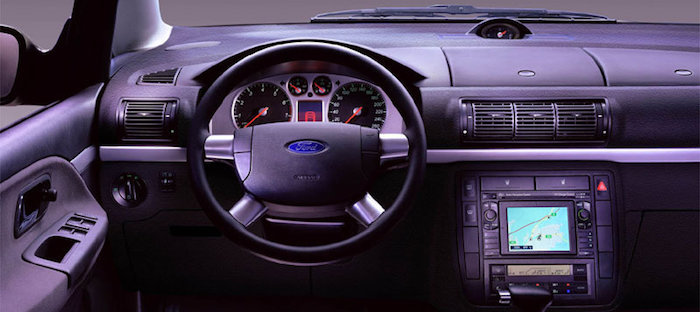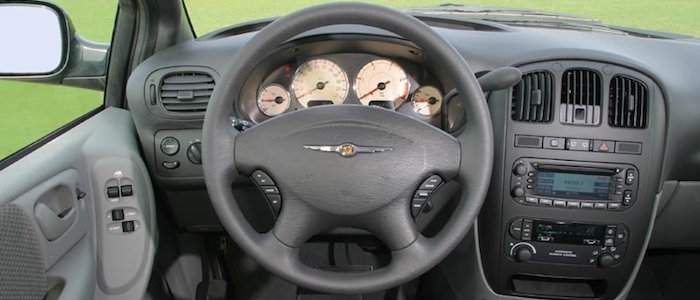Compare two cars
Compare any two cars and get our Virtual Adviser™ opinion
Marketing
Dimensons & Outlines
Engine
Performance (manual gearbox)
Performance (automatic gearbox)
Expenses
Virtual Adviser's™ opinion
Well, these are two pretty similar cars we have here! It's only details that could potentially make the difference. Considering they both belong to the mpv segment and utilize the same 5-door MPV body style and the front wheel drive system, it all comes up to the specific diesel engine choice they offer. The first one has a Volkswagen-engineered powertrain under the hood, a 4-cylinder, 8-valves 150hp unit, while the other one gets its power and torque from a 4-cylinder, 16-valves 140hp engine designed by VM Motori.
SafetyThe fact that the Chrysler got tested by the European New Car Assessment Programme (Euro NCAP), while the other contender didn't, doesn't actually do much for it, as it's still a lousy 2-star coffin on wheels. That aside, let's consider some other aspects which affect safety. Both vehicles belong to the mpv segment, which is generally a good thing safety-wise, but it doesn't do much to help us decide between the two. On the other hand, taking kerb weight as an important factor into account, Voyager offers a considerable difference of 19% more metal.
ReliabilityI don't like generalizing things when it comes to reliability, although it does seem that Ford is significantly less fault-prone, when all the models are taken into account. These are the results of an independent reasearch, while our visitors describe reliability of Ford, as well as Chrysler, with the same average rating of 4.4 out of 5. Independent research findings rank Galaxy as average reliability-wise, and Voyager is more or less at the same level.Above it all, drivers of cars with the same engine as Galaxy rank it on average as 4.2 out of 5, exactly the same as the other one.
Performance & Fuel economyBoth of the cars accelerate exactly the same, so we couldn't put one above the other. Car No. 1 reaches top speed of 185 kilometers per hour, 14km/h more than the other car. When it comes to fuel economy the winner has to be Galaxy, averaging around 6.6 liters of fuel per 100 kilometers (43 mpg), in combined cycle. We can't ignore that 17% difference compared to Voyager.
Verdict
Ford appears just a bit more reliable, although the difference is truly marginal. The most important thing when deciding between any two vehicles should always be safety, both passive and active. In my opinion, everything taken into account, Voyager offers significantly better overall protection, taking the lead here. When it comes to performance, both vehicles provide similar experience, so I wouldn't point any of them out. Galaxy , on the other hand, consumps significantly less fuel, and that's a big plus. I believe that, when we take all into account, we have only one winner here - the Ford. Anyway, that's the most objective conclusion I could've came up with and it's based solely on the information found on this website. Aspects such as design, practicality, brand value and driving experience are there for you to measure them out. Also, you could use the oportunity to find out which car, everything taken into account, would be the perfect choice for you in the eyes of the virtual adviser™, among thousands of similar, yet so different vehicles.


































